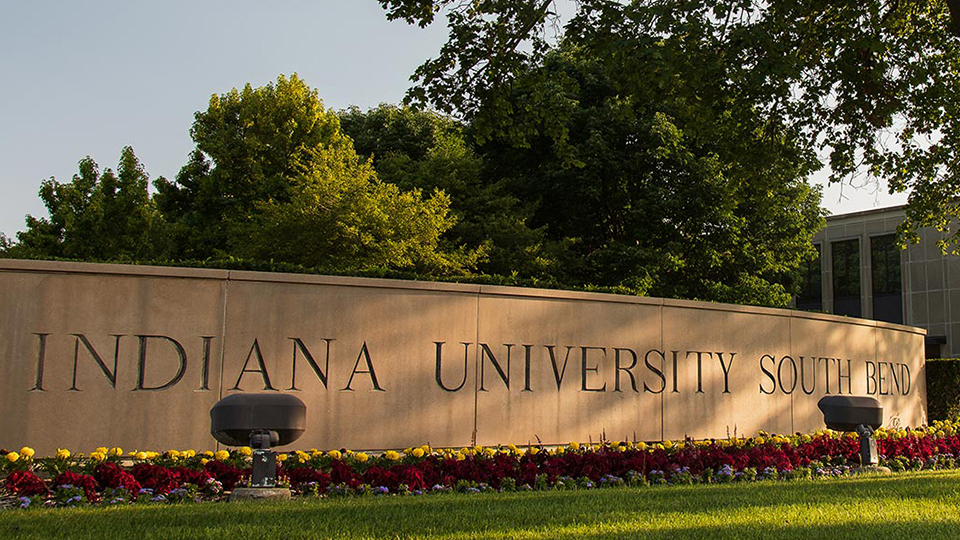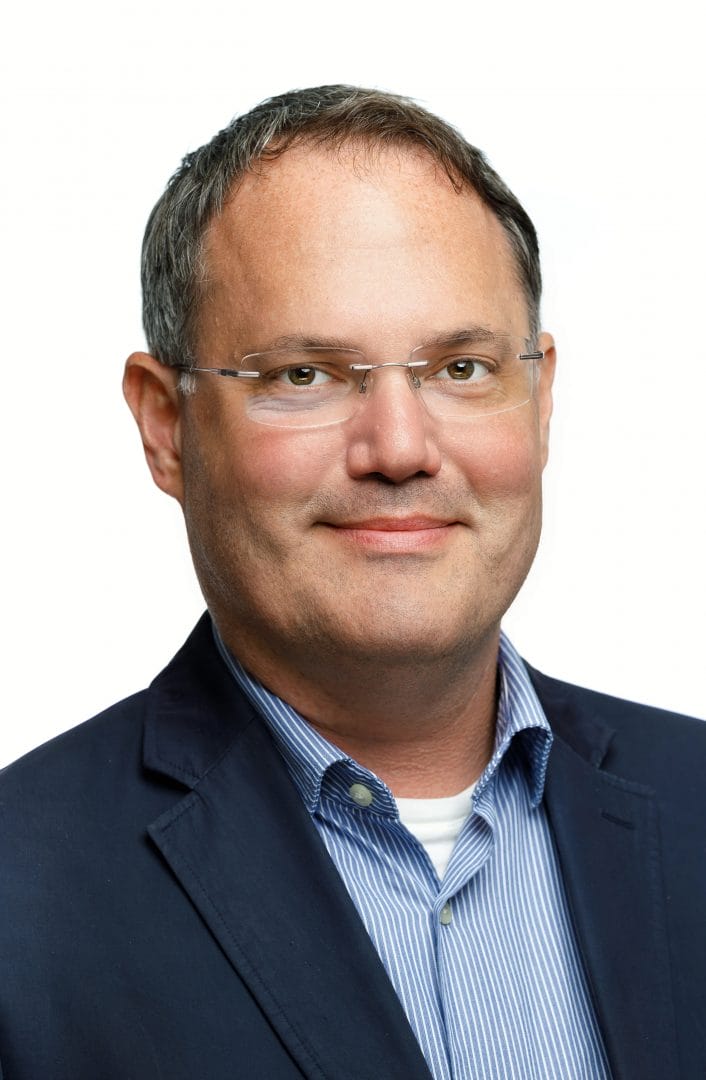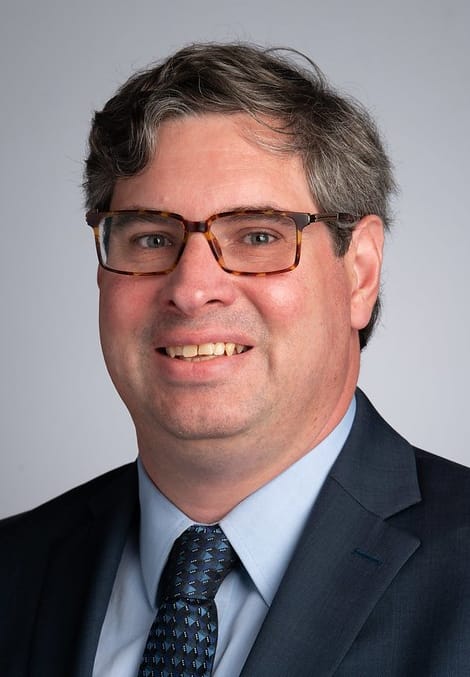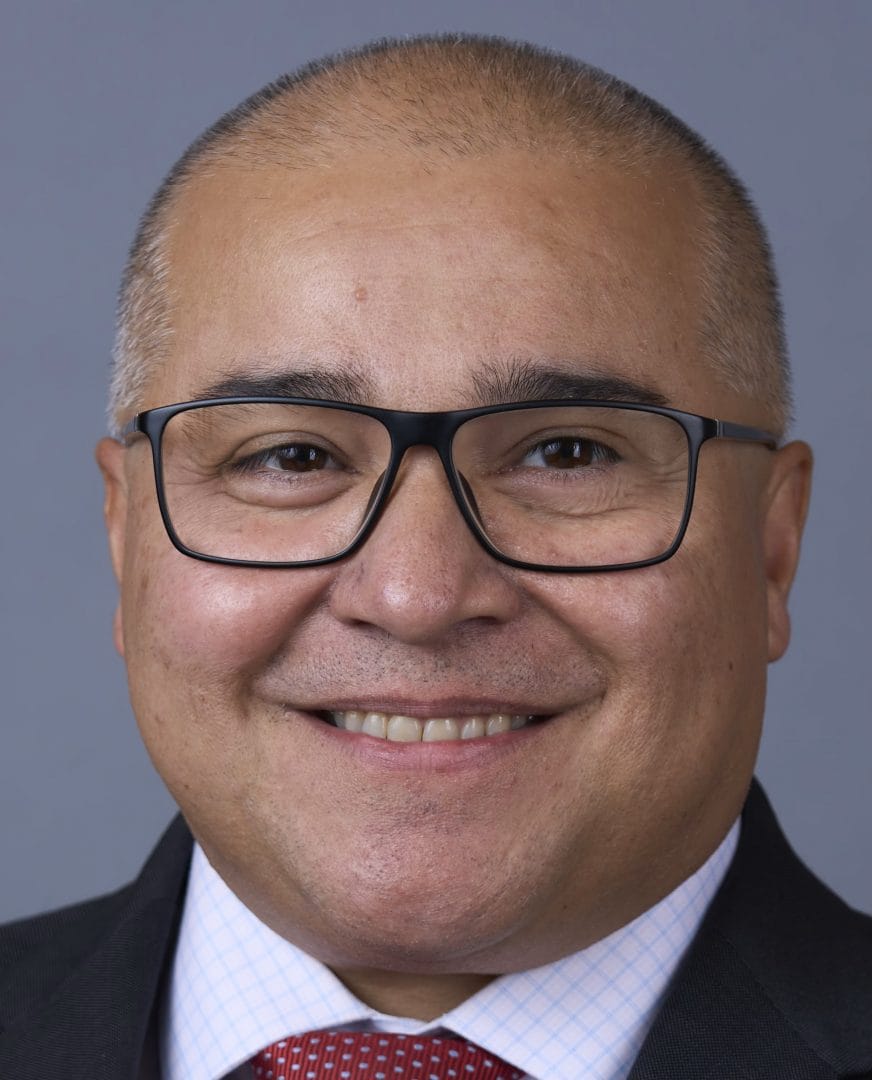IUSB to host economic development summit for universities
Subscriber Benefit
As a subscriber you can listen to articles at work, in the car, or while you work out. Subscribe Now
Business and education leaders from across the country will gather in South Bend in October to discuss ways to parlay university resources into strategies for increasing economic development in college towns.
Indiana University South Bend will host the University Economic Development Association summit Oct. 6-9 at Embassy Suites, bringing in experts in regional economic development to help universities deepen connections with business partners.
“As we become more active in community and regional engagement, it just became a natural opportunity to reflect the momentum we’re experiencing in the South Bend/Elkhart region by attempting to pursue this conference,” said Rob DeCleene, IUSB vice chancellor for university relations and advancement. “And I’m happy to say we were successful in achieving that.”
One of the school’s biggest community engagement achievements has happened more-or-less organically–as it does in many college communities throughout the country. More than 80 percent of IUSB’s roughly 4,000 students come from its eight-county surrounding region, and 65 percent of its graduates remain in the area, contributing directly to local businesses and other institutions.
A couple of other recent projects are helping to raise the university’s local business profile. For instance, this fall IUSB will open the $8.2 million Dwyer Healthcare Simulation Center.

“It’s a state-of-the-art nursing and radiology simulation center for students in our Dwyer School of Health Sciences,” DeCleene said. “It’s quadrupling our simulating space and debriefing rooms, and amplifies our ability to better prepare the workforce relative to healthcare – specifically nursing and radiography students.”
The facility could be of particular help to both South Bend and surrounding counties.
“In our region 65% of all our students stay and work here after graduation, but 90% of our health care graduates stay and work in the area,” DeCleene said. “Improving our facilities and resources to better prepare that workforce is huge.”
Also under development is a Center for Innovation, scheduled to take over a middle-of-the-campus spot formerly occupied by the university bookstore. The project is still in the planning stages.
“It will be the first time we proactively engage our students through innovation and entrepreneurship, and also tap into the entrepreneurial ecosystem that’s so vibrant in our region,” DeCleene said.
Those sorts of projects certainly suited the University Economic Development Association, whose membership is populated by organizations interested in developing such university assets as applied research and technology commercialization.

“When we opened the bidding process for the summit two years ago, South Bend really jumped out at us, because of the extent to which IUSB, the University of Notre Dame and other colleges and universities in the region are collaborating, as well as the relationship that South Bend has with economic developers in Elkhart County and throughout the surrounding region,” said development association president Jeff Sachse.
The area includes numerous schools besides just IUSB and Notre Dame, such as St. Mary’s College, Bethel College, Goshen College and Holy Cross College. IUSB and the development association envision working to some degree with Notre Dame, plus other area institutions of higher learning, during the conference.
“Notre Dame has been part of our planning conversations for this conference, along with IU East, IU Fort Wayne, and a lot of other institutions in northern Indiana,” Sachse said. “We can’t hold a summit in South Bend without engaging Notre Dame, given that the summit will be hosted at Embassy Suites (Embassy Suites by Hilton South Bend at Notre Dame), which is on the corner of the Notre Dame campus.”
Exactly how they will all work together isn’t yet clear, however. With the gathering still more than half a year away, IUSB has barely begun to liaise with Notre Dame or other area schools.
“We have a story to tell and we look forward to working with our collegiate partners in this, certainly Notre Dame among them,” DeCleene said.
The summit also will work with the Association of Public & Land Grand Universities, North America’s oldest higher education association. Its membership includes not just U.S. centers for higher learning, but also colleges and universities in Mexico and Canada.
“We represent not only land grant universities but also public research universities across the country,” said Bernie Burrola, the public university association’s vice president for international, community and economic engagement. “All of us have a similar public mission built around serving the community and the states in which they work.”

The organization partners with the development association via its Innovation & Economic Prosperity Program, a two-year certification process in which universities seeking the designation perform an exhaustive self-audit to identify both the strengths of the school’s particular economic engagement model, as well as areas for growth and improvement.
“A typical land grant university might have an extension service out in the field doing agriculture work,” Burrola said. “That’s a pretty common thing. But you can also have economic officers working with local industry to make sure you’re preparing the right workforce, with the skills need by the community and state. You could also be helping small business build their capacity.”
The certification program gives universities, in theory, a much better idea of what their efforts accomplish, and how they could be honed and expanded.
“You get a much better mapping of what the university is doing, what the coordination is, how to do it more effectively, where gaps might exist, and where there are opportunities,” Burrola said. “So you come up with a much more strategic framework for the university.”
The public university association sees schools like IUSB being far more aware of, and interested in maximizing, the economic impact they can have on their geographic areas. Especially since, unlike other economic drivers such as large factories and corporations, universities aren’t going to pack up and move away on short notice.
“I think it’s a great showcase to spotlight our community engagement efforts and our role within the broader South Bend/Elkhart region, relative to our economic success and economic development,” DeCleene said.
Previous recent convention hosts include the University of Texas, which hosted in San Antonio, and the University of Utah, which staged the gathering in Salt Lake City.
“We’re quite proud of that fact that we’re a regional IU campus handling this,” DeCleene said. “There’s a lot of attention on the upper Midwest Great Lakes area right now. We think that we have a good story to tell about the overall success of our community and the momentum we have as a campus.”
“From the university side, they see helping economic development in their community as a critical part of the mission of the institution,” Burrola said.
IUSB will get its crack at furthering that strategy this fall. And also get some national exposure for itself in the process.
“I always love to reference what Mayor Pete (Buttigieg) used to say: ‘South Bend likes to punch above its weight class,’” DeCleene said. “So I think this is a perfect example of our regional campus punching above its weight class a little bit. We have a story to tell and we’re thrilled that UEDA has given us the opportunity to tell it.”
